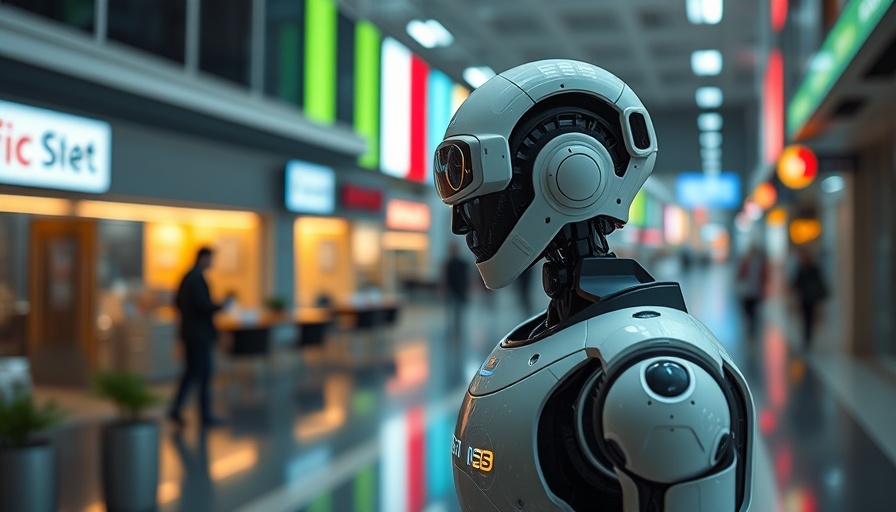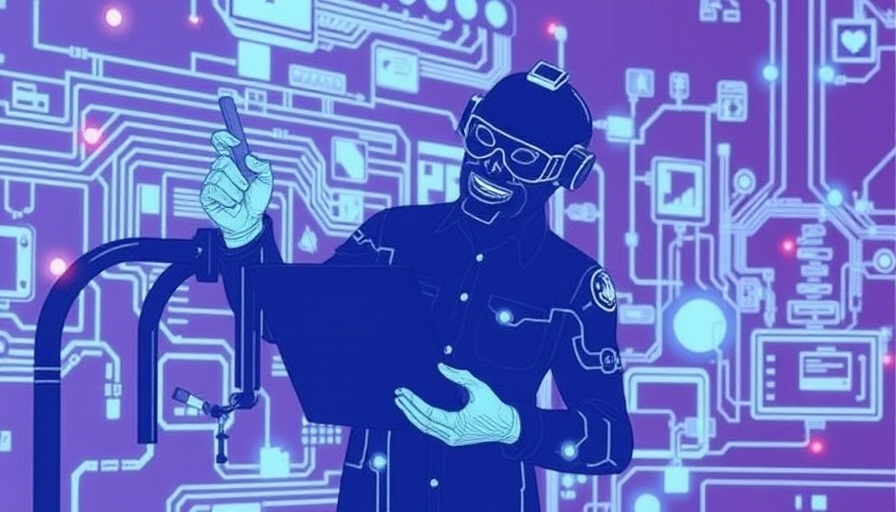
How AI-Generated Videos Challenge Our Perception of Reality
As artificial intelligence continues to evolve, the lines differentiating real from artificial blur, catalyzing a conversation that may redefine our very notion of authenticity. With AI-generated videos permeating every platform, we face an impending challenge: how will we discern what is real in a world of hyper-realistic fakes?
Historical Context of AI Development
The inception of artificial intelligence can be traced back to the mid-20th century. Since then, advancements in computing power and algorithms have accelerated at an astonishing pace. Today, we are witnessing an unprecedented surge in AI capabilities, particularly in the realm of generative models. These models, through techniques like deep learning, can create videos that are indistinguishable from reality, raising ethical questions and societal implications.
The Implications of AI in Daily Life
As we integrate AI technologies more into our daily lives, the challenge of verifying information intensifies. The latest innovations in AI technology, notably in natural language processing (NLP) and computer vision, have empowered anyone to produce convincing fake content. From misinformation campaigns to deepfake scandals, understanding the ramifications of these tools is crucial. For the mid to upper-middle class audience, especially tech-savvy individuals, the ability to critically evaluate content is essential for navigating a digital landscape rife with deception.
Future Insights: Navigating a Hyper-Reality
The future is not just about AI-generated videos but also about developing responses to the challenges they create. As AI shapes entire industries—from marketing to healthcare—the need for **explainable AI (XAI)** becomes critical. We require frameworks that ensure transparency, helping users understand how decisions are made amid uncertain validity. This is no longer a theoretical conversation; practical applications are necessary to maintain our moral compass in a rapidly digital world.
Practical Insights for Consumers and Creators
For those immersed in the technology industry, understanding and leveraging AI tools responsibly is paramount. As businesses adapt AI for customer experience and operational efficiency, creators must also be cognizant of their power. How we employ innovations, from AI for marketing to AI for cybersecurity, will significantly shape the future landscape. Practicing ethical AI development is not just a corporate responsibility; it’s a societal obligation, especially as these technologies influence our reality.
Building Awareness: Tools for Verification
To combat the spread of misinformation, leveraging AI technologies that flag or verify content will be essential. Companies and individuals alike should invest in tools that promote trust in media. Enhanced media literacy is key; individuals must be equipped to discern fact from fabrication. Encouraging open dialogues about AI ethics and the implications of AI-created content empowers society to build resilient frameworks able to withstand tomorrow's challenges.
As the issue of authenticity in digital content continues to evolve, the onus lies on us, both as consumers and creators, to navigate this new reality thoughtfully. By engaging with and questioning the AI developments around us, we can foster a more informed society that respects truth in a rapidly changing world.
 Add Row
Add Row  Add
Add 




Write A Comment